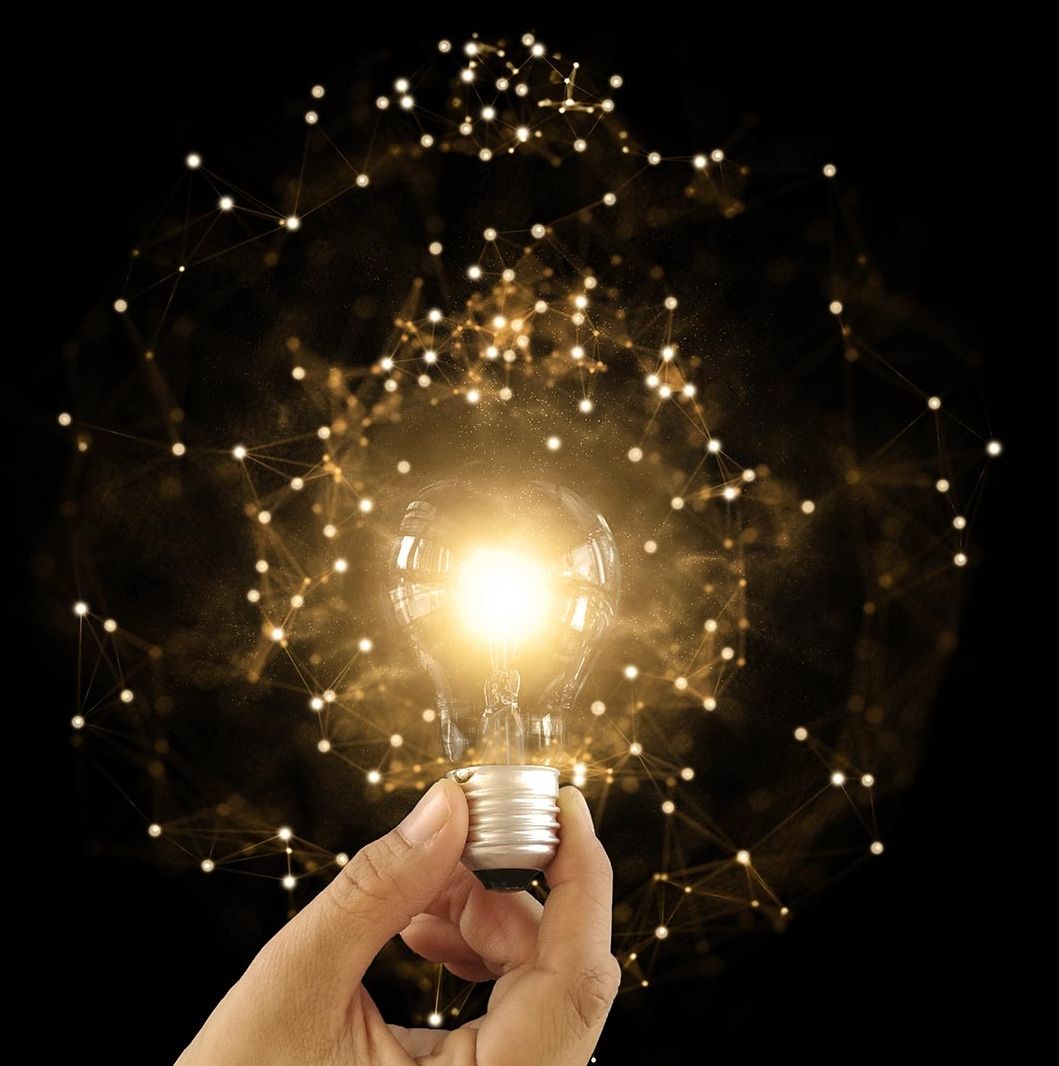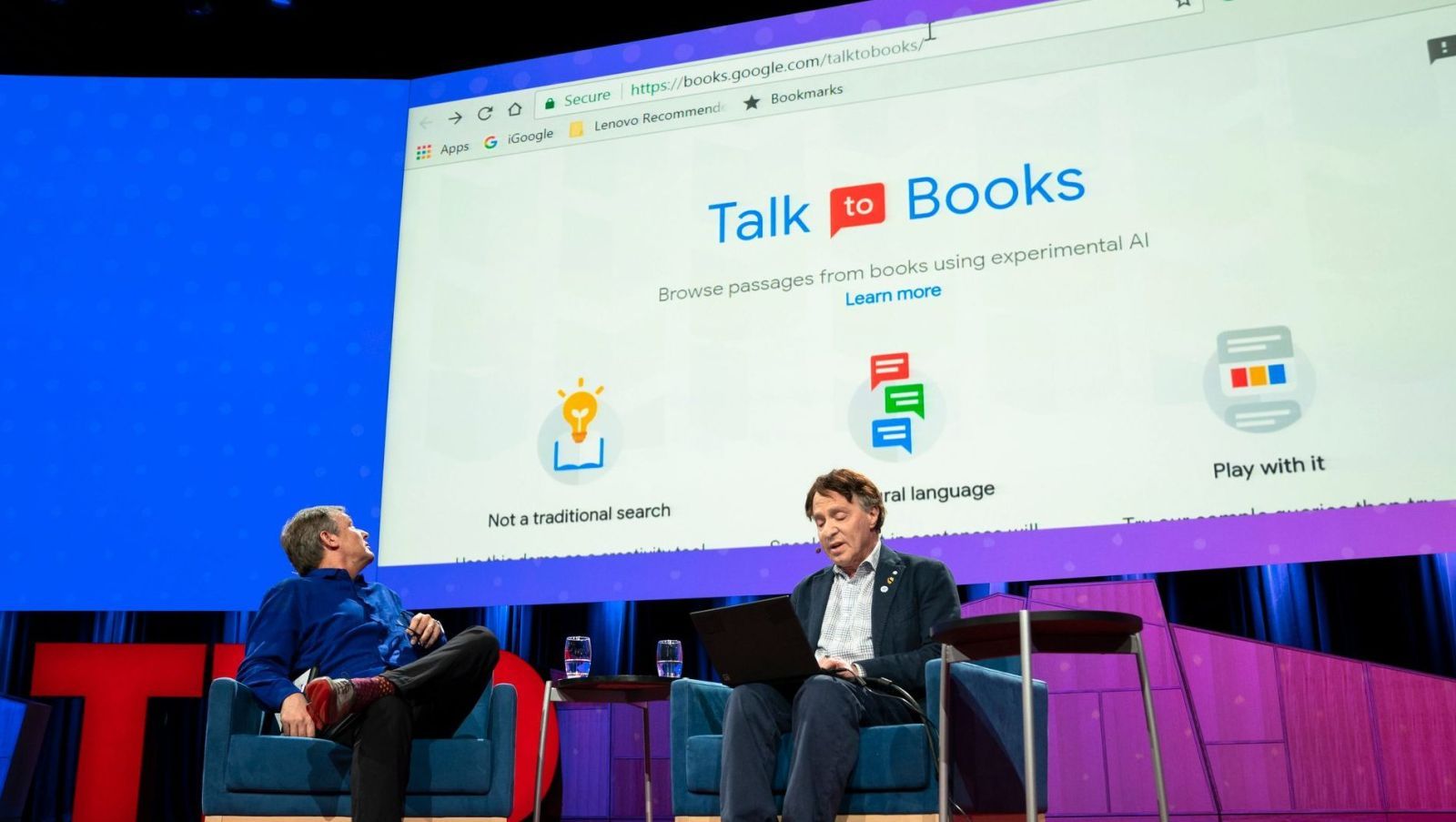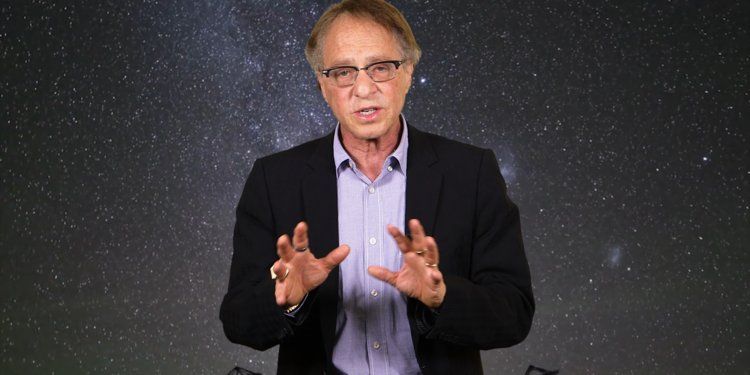Category: Ray Kurzweil – Page 20
Ray Kurzweil Google Maps Street View Summit Hightlights
Highlights from Ray Kurzweil’s keynote talk at the 2018 Google Maps Street View summit. In this interview, Ray draws compelling connections between augmented intelligence and augmented reality. In light of recent ground-level imaging trends, his perspective paints an exciting picture of the future for Street View and AR.

Reimagining Education in the Exponential Age
The future of humanity will be radically different than what we see today. As Ray Kurzweil put it, “We won’t experience 100 years of progress in the 21st century—it will be more like 20,000 years of progress (at today’s rate).” We’ll have the potential to live on Mars, connect our minds to machines, and access an abundance of resources.
But is our youth prepared to live in such a world? Are we equipping them with the skills and values necessary to be adaptable, innovative, and purpose-driven in such a world?
Our traditional, industrial-era educational models are simply outdated. What is required is not an incremental change in education, but rather an entire overhaul of the current system. It will take creative imagination to develop new models for 21st-century education.

Google’s astounding new search tool will answer any question
Vancouver, British Columbia, Canada
Imagine if you could gather thousands of writers in a circle to discuss one question. What would optimist Thomas L. Friedman say about intervening in Syria, for example? Would chaos theorist Santo Banerjee concur?
Google now has a way to convene that kind of forum—in half a second. Speaking to TED curator Chris Anderson yesterday (April 13), legendary futurist Ray Kurzweil introduced “Talk to Books” a new way to find answers on the internet that should bring pleasure to researchers, bookworms and anyone seeking to expand their thinking on a range of topics.

Google futurist and director of engineering: Basic income will spread worldwide by the 2030s
- Basic income will be widespread by the 2030s, according to Google futurist and director of engineering Ray Kurzweil.
- Kurzweil is known for making seemingly wild predictions. In 2016, he predicted that by 2029, medical technology will add an extra year to human life expectancies on an annual basis.
- ” We’re going to have more and more powerful technology to keep our physical bodies going. We’ll think, ‘Wow, back in 2018, people only had one body, and they couldn’t back up their mind file,’” he said onstage at TED.
As it becomes apparent that artificial intelligence will replace ever-more jobs in the coming years, a growing number of politicians, nonprofits, and Silicon Valley entrepreneurs have started thinking about how we’ll cope with a world in which not everyone can — or needs to — work.
Basic income experiments, in which people are given a regular salary just to live, no strings attached, are popping up all over Europe, Africa, and North America.